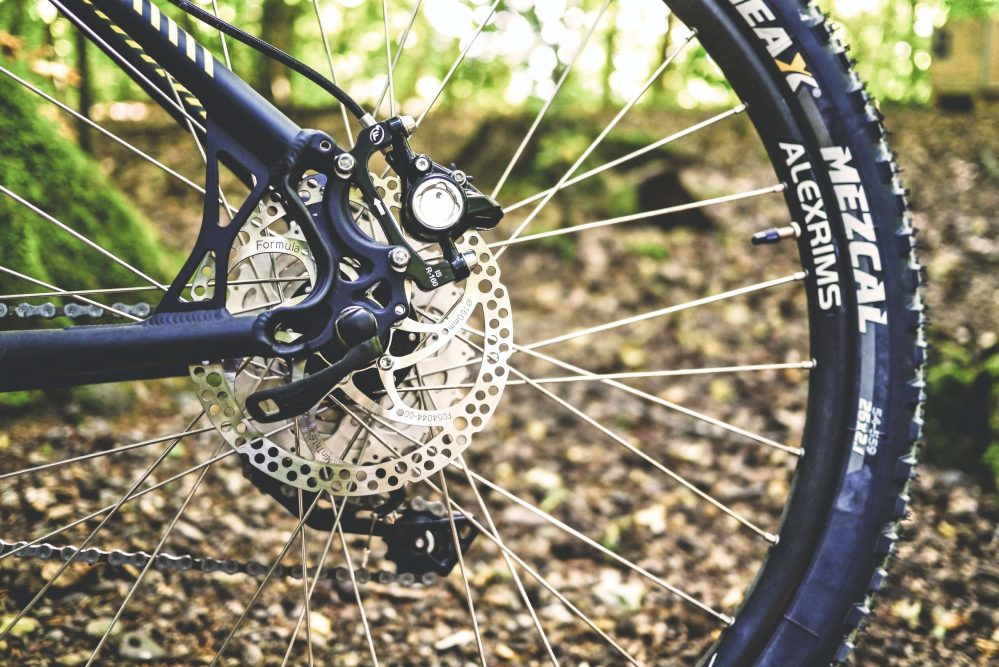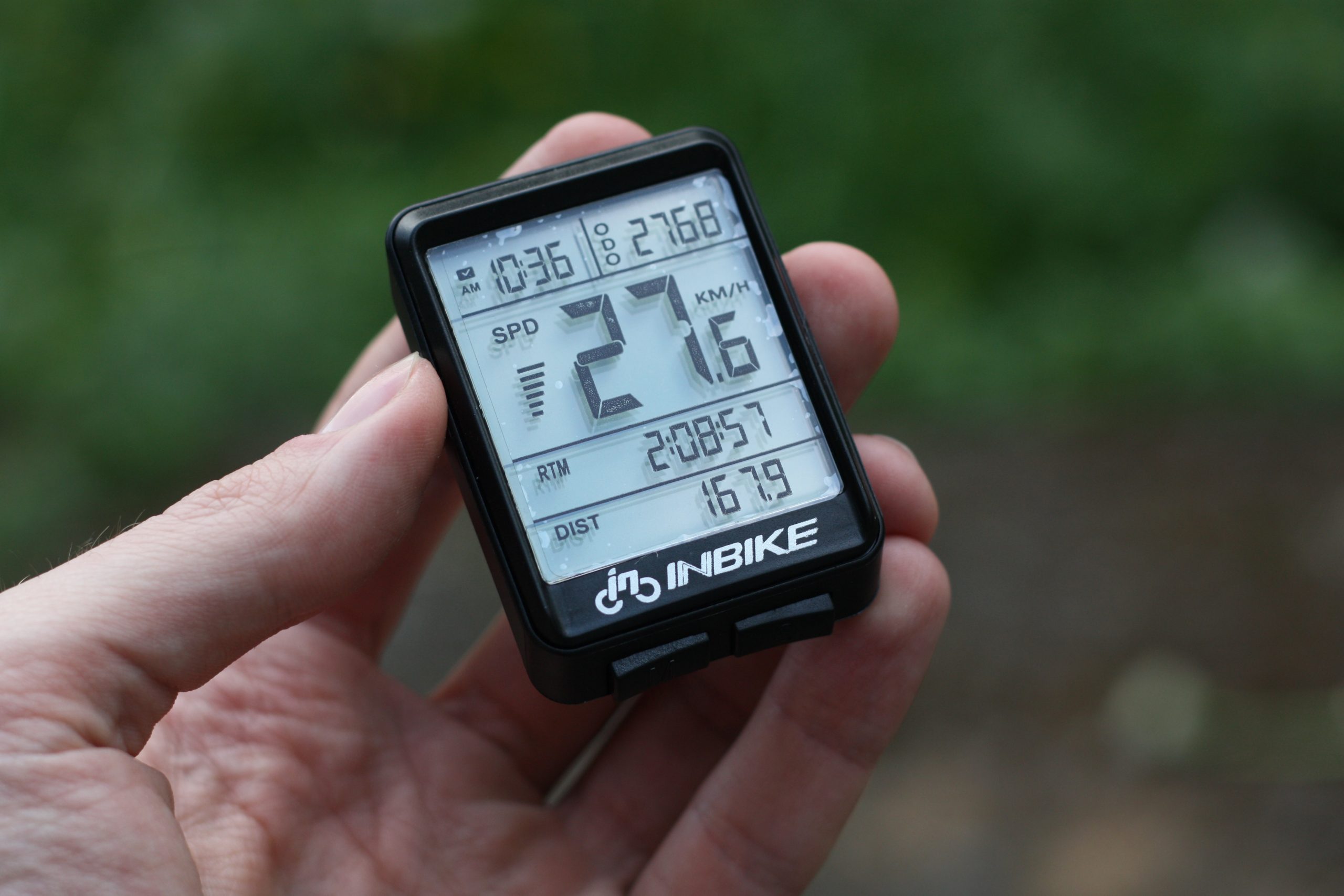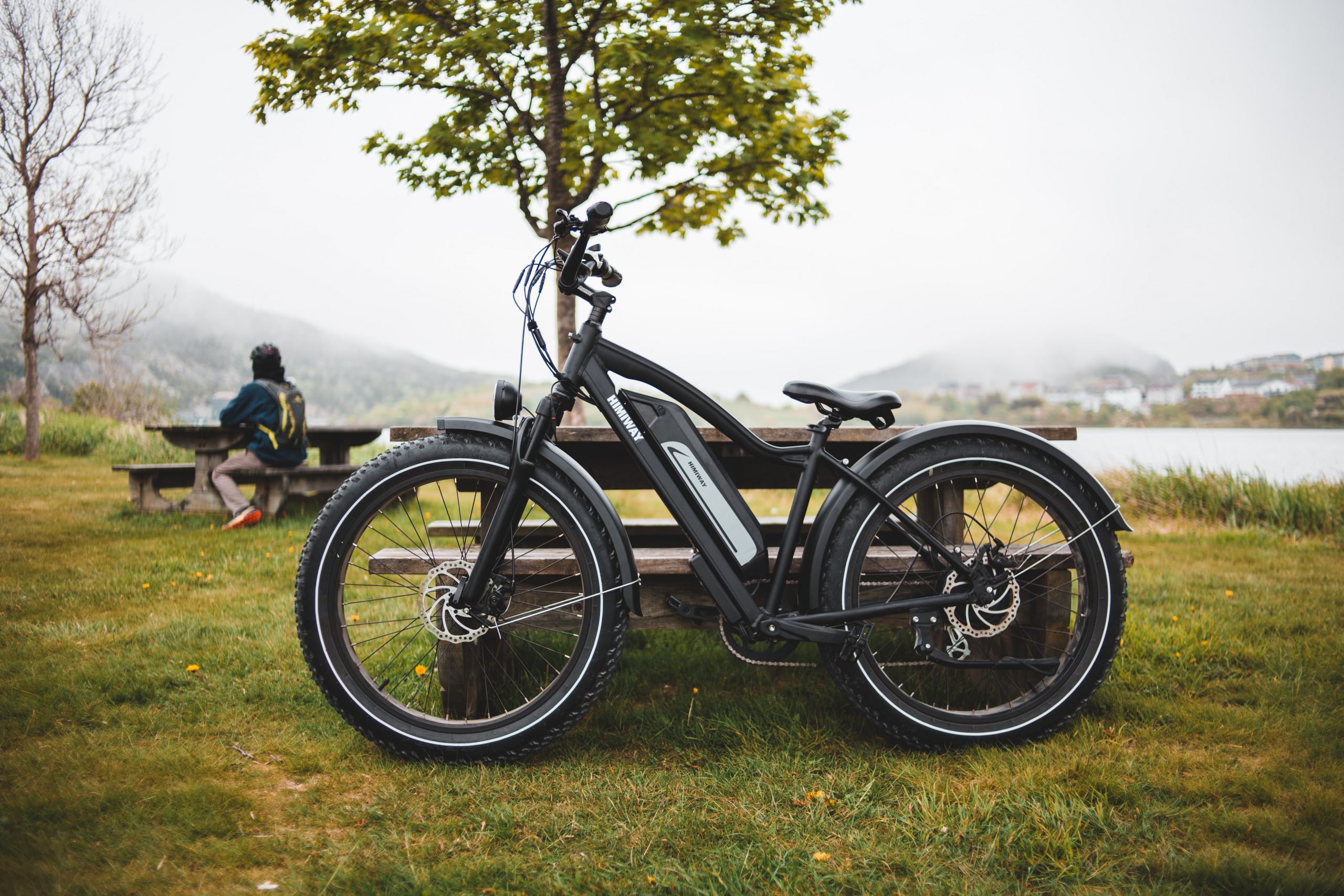Are you new to cycling and want to know more about bike tires, particularly how long bike tires last and how often you should replace them? Then, we recommend you take a few minutes and learn more about this essential aspect.
By the end of this article, we hope to have given you helpful information on the lifespan of the tires, factors that impact such lifespan, and the importance of changing your tires when the right time comes.
Why Is It Important to Change Bike Tires?

Although bike tires may look like the simplest part of your bike, there is a lot of technology and effort involved in making them roll the way you want them to. Thus, you must remember that tires are not simple accessories to your bike. In fact, they are crucial and must be adequately maintained to last longer and provide a safer riding experience.
Tires are the first contact point between the road and your bike, so they are constantly exposed to damage. This may affect the performance of the wheels and their puncture resistance, which means that it will impact your safety and control of the bike; therefore, you must change your damaged bike tires to secure an excellent performance while riding.
How Long Do Bike Tires Last?
Are you looking for an exact number for this question? Well, it is not easy to tell as there is no definite answer to suit everyone and every situation. For instance, how long road bike tires last is different from how long mountain bike tires last. The answer is 2000-4000 miles and 500-2000 miles, respectively. However, these numbers are just estimated as it will depend on the tire and how hard you ride the bike.
Perhaps, you are neither a road nor a mountain biker, and your cycles have been standing in the corner of your storage for many years, and you are wondering how long bike tires last in storage. The news may not be the one you wanted to hear. Tires will age even if they are not used. It is estimated that tires in storage will last around 6-10 years, certainly depending on environmental and storage conditions. If you find yourself in this situation, please check out the advice on adequately storing your tires.
What Factors Impact Your Tires’ Lifespan?

In light of the above, one can guess that even the most durable and high-quality bike tires may be subject to wear and tear.
Notwithstanding that, there are still several factors that may impact the lifespan of your bike tires, including the brand of the tires, your body weight, your choice of tires, the frequency of riding, and the surface on which the bike is used. Knowing these factors will enable you to prolong their lifespan and avoid tire malfunction. So, keep reading.
Brand
As with any other product, the brand will substantially impact the quality of your bike tires. High-quality tires tend to last way longer than their cheaper counterparts. But if you are not good at detecting the quality of your bike parts, we recommend you research the best bike tires before purchasing them. The most recommended brands will usually provide you with higher quality tires that are durable, lifelong, and ensure outstanding performance and comfort.
Surface used
As already mentioned, bike tires are the first contact point between your bike and the surface. Sometimes that surface may be rough, making the tires’ rubber cover wear down and eventually smooth the tread cracks. Consequently, your bicycle will be more prone to slide or slip since the traction level of the tires will reduce. With all this, the tires’ using life will undoubtedly be reduced.
Weight
Your body weight will also impact tire pressure and its overall lifespan. For this reason, it is highly recommended that you carefully follow the manuals for choosing the tires according to your weight. If it is still hard for you to understand them, going into a bike shop and asking for advice might be better than purchasing them online. Finally, remember that while small fluctuations in your weight might not necessarily damage the tires, big ones will. So be mindful of that.
Frequency of use
As indicated, tires will age independently of their usage. Nevertheless, it is logical to assume that using your bike frequently will cause gradual tire pressure shifts compared to storing them properly in a corner. Moreover, the lifespan of the tires will be hugely affected by the frequency of their use in rough terrains, which may not be that friendly to most of the tires and, consequently, make them tear down quicker.
How Do You Know When to Change Your Tires?

Perhaps you don’t remember the time you bought your bike or the number of miles you have ridden it, so you cannot use these as a factor to replace your tires; but do not stress out; there are still some signs to warn you that the time has come:
- As the first sign, look at the tire treads to see if they are torn down. To detect this, check to see if the tire has developed a flat spot along the center, which is the most common sign that the tire is wearing out.
- Road vibration may be taken as the second replacement sign. It should never go unnoticed, even if the outer material of the tire looks well and makes you think that you can prolong tire replacement for around 1000 more miles.
- Thirdly, uneven pavement wear is another indication. You can observe this sign when you load at some speed or brake.
- Next, a reason to replace the tires is when either the rear tire or the front one ages because of environmental conditions or exposure to different chemicals and substances.
- Fifth, if you feel a slight bounce while riding on the street, or if you feel a tight curve while making turns, braking sharply, or riding at high speeds, your tires need replacement.
- Lastly, when the distance between the rim and tires gets opened too much, especially during warm days, take this as another indication that your tires need to be replaced.
How Can You Maximize Your Tires’ Lifespan?
Now that you know the importance of bike tires in performance, it is time to delve deeper into how to maximize your tires’ lifespan. To do so, consider:
- Checking your tire air pressure often, preferably do that monthly.
- Getting your tires rotated every 5,000 miles.
- Having your wheels balanced.
- Keeping your tires and wheels clean from dirt and UV rays.
- Storing your tires properly.
- Checking for potential defects before you purchase new tires.
- Using high-quality tires.
Wrapping Up
Your bike tire lifespan is not a set number. Although there are some general estimations, this can vary due to several factors that will reduce or prolong their length of use. All in all, it is worth concluding that tires are an essential component of your bike that may affect its overall performance, also meaning your comfort and safety while riding. Our best advice is to familiarize yourself properly with the helpful information above and let them guide you through your riding adventures. If necessary, change your tires now and thank us later!




